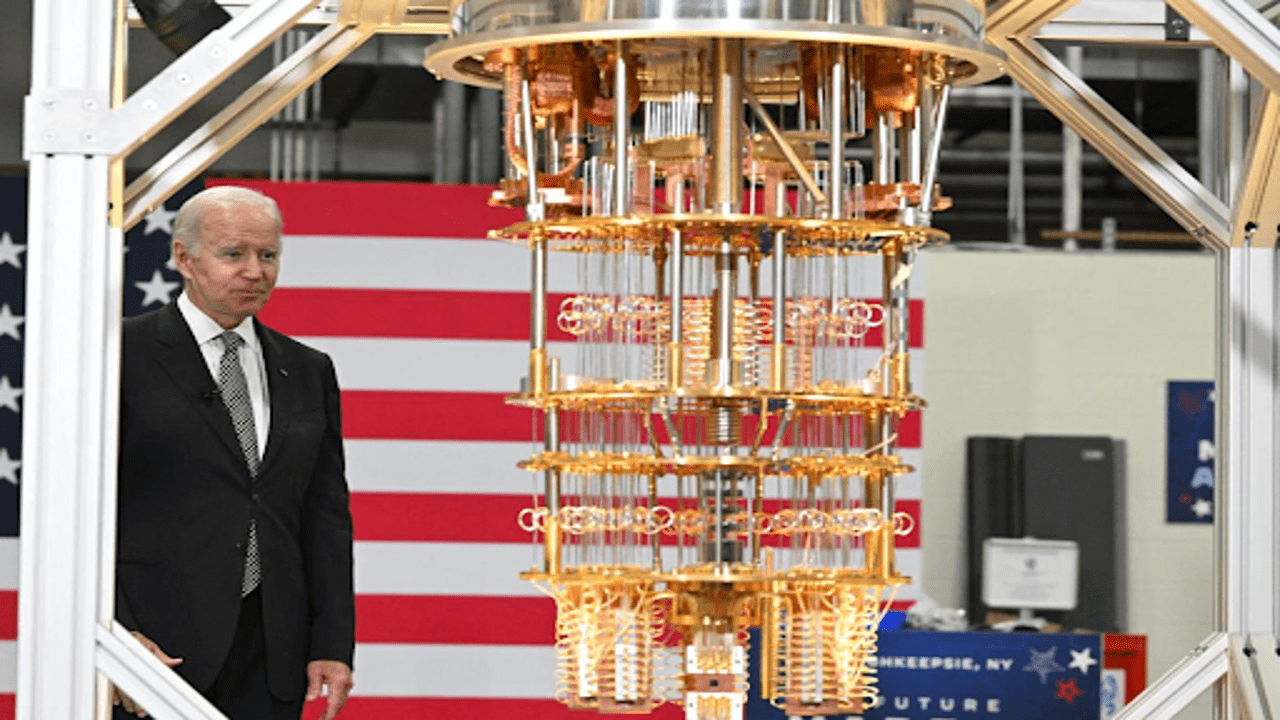
Photo courtesy: Yahoo Finance
Quantum computers, known for their immense processing power, could soon be able to break into systems that protect sensitive data, including personal finances, critical infrastructure, and health records. This warning comes from Dr. Alessandro Curioni, the head of IBM Research in Zurich.
In a recent discussion with Yahoo Finance Future Focus, Curioni explained that quantum computers operate using subatomic particles, allowing them to perform calculations much faster than today’s conventional computers. This advanced capability poses a serious risk to current encryption methods. According to Curioni, once quantum computers reach a certain level of sophistication, they will be able to crack the encryption technologies used to secure sensitive information.
"Quantum computing will expose all our sensitive data," Curioni stated. He listed several types of information that could be at risk, including healthcare data, financial details, and even digital signatures on contracts. The scientist emphasized that once quantum computers become powerful enough, they will undermine the security of cryptographic keys, which are crucial for protecting data.
The concept of 'Q-Day' marks the anticipated time when quantum computers will be capable of breaking these cryptographic systems. This event would have significant repercussions, potentially affecting everything from personal bank accounts to national security by exposing protected governmental and infrastructural data.
The global race to develop a powerful quantum computer is intense, with major investments from countries around the world. Curioni pointed out that the first successful quantum computer could emerge from any nation that dedicates substantial resources to this technology. However, the United States and China are currently leading in this field, according to recent reports.
In response to these risks, financial institutions are being alerted about potential cybersecurity threats posed by quantum computing. The Monetary Authority of Singapore (MAS) has highlighted that while 95% of industry professionals believe quantum computing will greatly impact cryptographic security, only a quarter of firms are actively preparing for this threat.
IBM is taking proactive measures to address these challenges. Curioni mentioned that IBM is developing "Quantum-Safe" cryptographic algorithms designed to withstand attacks from quantum computers. These advancements are part of a broader strategy to maintain data security in the emerging quantum era.
Beyond the security implications, quantum computing holds transformative potential. Curioni described it as one of the most significant technological advancements of the decade, alongside artificial intelligence (AI). Quantum computing is expected to revolutionize various fields such as drug discovery, material science, and logistics optimization.
Curioni noted that quantum computing could enhance our ability to simulate natural processes, leading to breakthroughs in developing new antibiotics and treatments for currently incurable diseases. Additionally, its power to solve complex optimization problems could greatly improve logistics and financial operations.
The synergy between quantum computing and AI is also highly anticipated. Curioni believes this combination could drive profound societal impacts, leveraging both technologies to advance numerous sectors and tackle global challenges.
As the quantum computing revolution nears, the scientific and industrial communities are preparing for both its opportunities and challenges to ensure a secure and innovative future.















